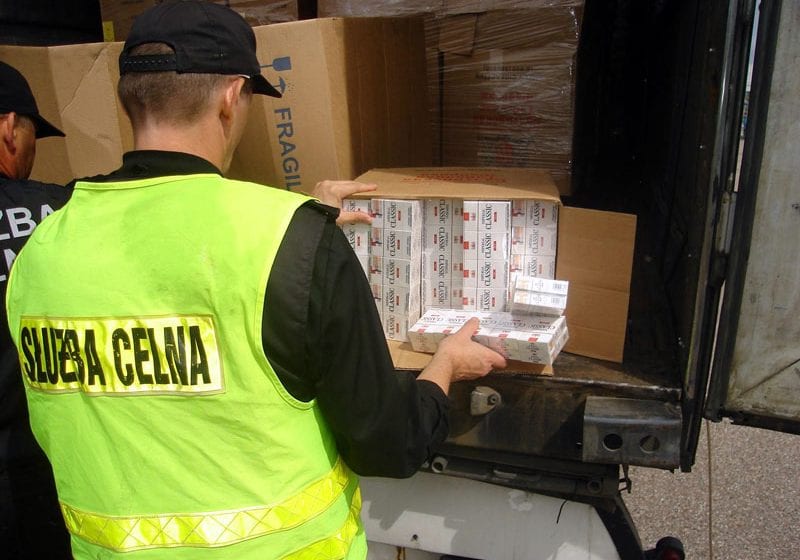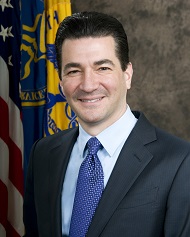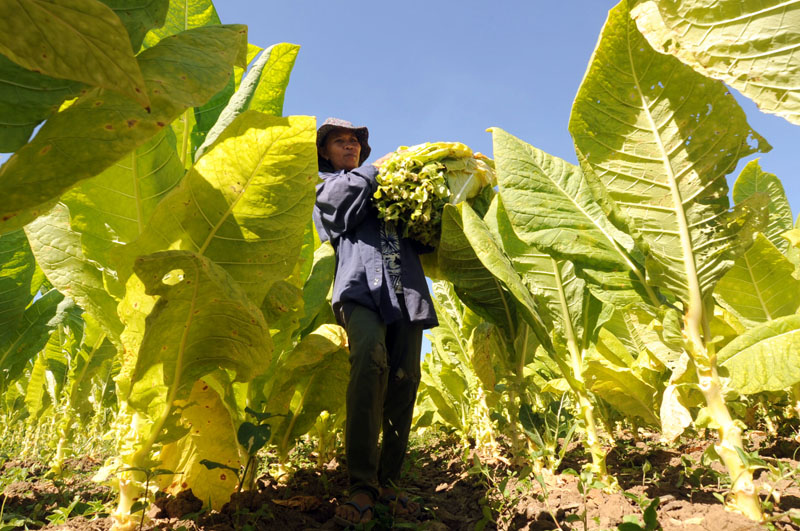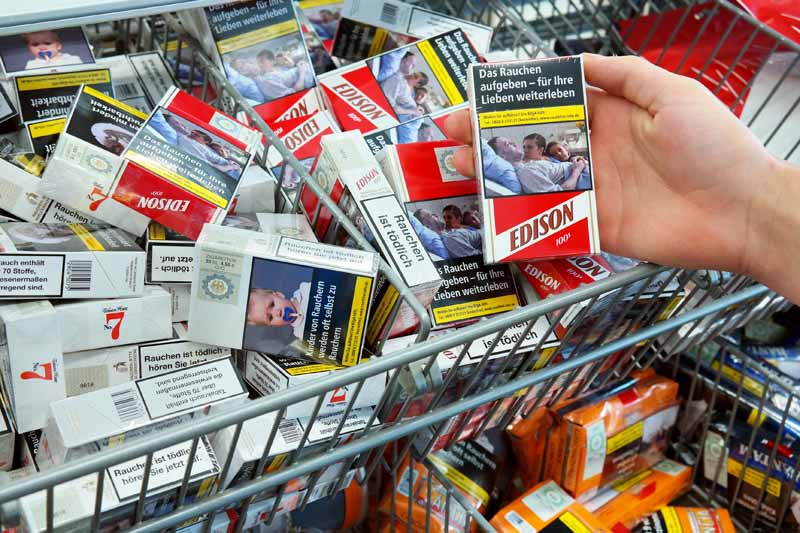EU member states appear to be keen to let run to their expiry dates the three remaining anti-fraud agreements signed with tobacco manufacturers and aimed at countering tobacco smuggling.
Toward the end of last year, a Croatian member of the EU Parliament had asked the Commission if it believed it was feasible to terminate by May agreements that it had made with tobacco manufacturers and that were aimed at countering the illegal trade in tobacco products.
In a preamble to two questions, Biljana Borzan said that, in 2016, Parliament had called on the Commission not to renew such an agreement with Philip Morris International.
‘Last April, it expressed the conviction that the agreements with the other tobacco companies should also be terminated and called on the Commission to present the feasibility of doing so by the end of the year,’ she said.
‘The Tobacco Products Directive introduced a traceability system for tobacco products, which will be operational on 20 May 2019, following the recent approval of the secondary legislation.
‘In addition, the WHO [World Health Organization] Protocol to Eliminate Illicit Trade in Tobacco Products, which was ratified by the EU in 2016, entered into force last September.
‘As Parliament made clear in 2016 and 2017, these agreements are becoming irrelevant and send a damaging and counterproductive message to third countries that the EU is engaging in inappropriate dealings with the tobacco industry.’
Borzan asked:
‘Does the Commission believe that it is feasible for the agreements with the tobacco companies to be terminated by 20 May 2019, as Parliament requested in its report?
‘When does the Commission expect to have a response ready for Parliament?’
In reply, the Commission said that the three remaining anti-fraud agreements to counter tobacco smuggling in the EU had been concluded between the EU, the member states as well as the respective tobacco manufacturers.
‘As member states are co-parties to the agreements, they would need to agree to shorten the duration of the agreements,’ the Commission said.
‘Following the European Parliament’s call on the Commission to study the feasibility of terminating the three agreements ahead of their original deadline, the Commission has launched a consultation procedure with all member states to seek their views. The Commission has now received replies from more than half of the member states. In all the answers received by the Commission, the member states expressed their preference to continue the existing agreements until their expiry date.
‘Several member states have underlined in this respect that, as the new traceability rules under the Tobacco Products Directive and the [WHO] Framework Convention on Tobacco Control (FCTC) Protocol will require some time in order to have a tangible impact on smuggling, the anti-fraud agreements in question can still be considered relevant.
‘The Commission will inform the European Parliament of the outcome of the consultation process and its conclusions in due course.’










